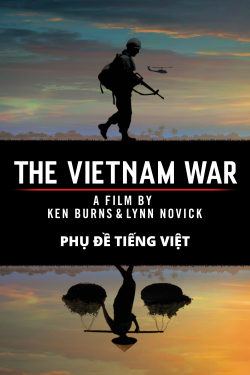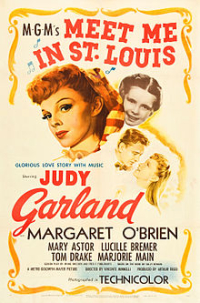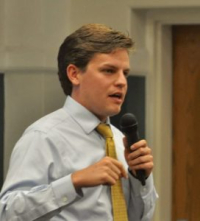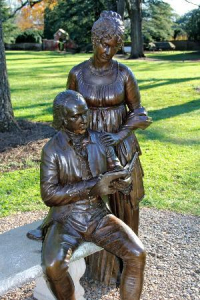
For the Vietnamese he interviewed, Vietnam is ancient history. It is practically the American Revolution. Vietnam today is one of the planet’s younger countries, with a median age of 31. Most people there have no memory of the war, or of its aftermath. The nation they know is capitalist, a nation of hustlers, everyone looking for the next new taste, the next social trend, or the next buck.
For Americans, Vietnam is not ancient history. Far from it. The Vietnam War is still being fought here. It is still being lost here. The 2016 campaign featured three candidates who both came of age during that conflict. Millions are still punching hippies. Millions remain hippies.
Vietnam was the dominant event in every Baby Boomer’s life. I only saw it on TV, but it still haunts me. The median American’s age is near 38, but that is held down by immigrants. The median voter is 45, their worldview shaped by Ronald Reagan and the reaction against Vietnam protestors.
The reason for this is that we live a lot longer than we did. In the year 1900, most people had no memories of the Civil War. Those were buried in the Spanish-American conflict and books like Red Badge of Courage which came out in 1895. By the time of World War II, that same progressive era was seen in a gauzy nostalgia, in movies like Meet Me in St. Louis. The violence and discord had been stripped away, and all that was left was the idea that this was “a simpler time.”

This is our political relativity. The past is controlling our present, and thus our future.
Just as technology accelerates, our political memories grow longer. The average Vietnamese is in a much better position to deal with 2017 than the average American. They have few memories that don’t include a smart phone, while to most of us it’s a new thing. Lack of memory can be an advantage.
My friends, old Internet reporters, like to complain that we’re considered obsolete in Silicon Valley, that it’s filled with bros who have no memory of the dot-com bubble and crash, let alone the years before that, when the Web was being spun. We complain that the Valley has no institutional memory, that it’s repeating the mistakes of that earlier era, that what is happening now will all end in tears.
That’s true. But it’s also true that my friends are often reluctant to try new things. Most are, like me, devoted to keyboards. Voice interfaces are a mystery. We fear artificial intelligence. People who were anxious to memorize DOS commands in their youth now find themselves tongue-tied around Alexa.
So, it goes.

Such men must live fast. It’s hard to be “loyal to the shirt” when you know that your career could be over today, tomorrow, and at most 10 years from now. You live week to week, maybe year to year, but not in 10- year increments. By that time, it’s going to be over.
All this has huge implications for our politics. Political events now have a longer impact, in societies that are aging. Close your eyes. You can still see the Towers coming down. Most Chinese have no memory of that. You may still argue about the War in Iraq. To most Iraqis the war has been the only reality of their lives. The median age there is 20.
While the world spins faster, the people grow slower. The Democratic Party particularly needs a refresh, younger leaders who see the 20th century as the past and not the present. But the Old Lions won’t get off the stage, and those who would replace them have grown up with a deep-seated cynicism telling them politics is “rigged,” that public service is a fool’s errand, and that anonymity is your best defense.
Like the other points I’ve made during this Time of Crisis, it all matters. It really is up to a younger generation, right now, to step into the fight and take control away from their elders, from people like me. This is their world they should be fighting for. It’s not ours.

Hell, no.
Our time needs leaders who are not throwing away their shot. But today’s young people are in many ways young beyond their years. The so-called Millennial generation has been kept in its youthful bubble for far too long. In many societies today a 30-year old is middle-aged. Here they’re still a kid.
During Vietnam there was a saying “Don’t Trust Anyone Over 30.” It meant that the World War II generation had no clue about what was going on and needed to leave the stage. I’ll be a little more generous, but it’s time for my Baby Boom generation to enter the retirement homes and the history books.
Don’t trust anyone over 40.









